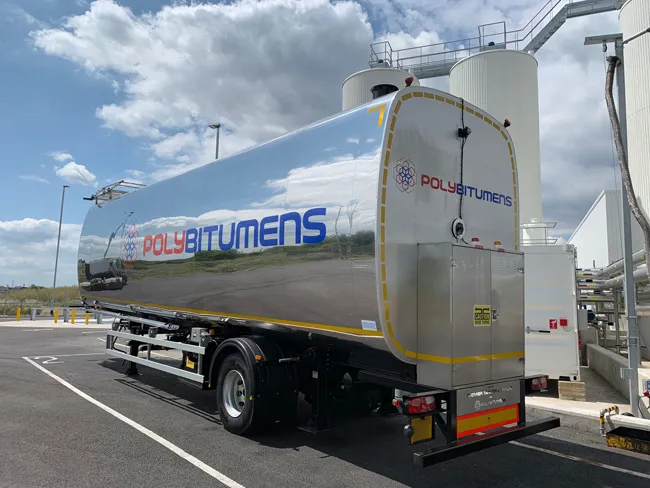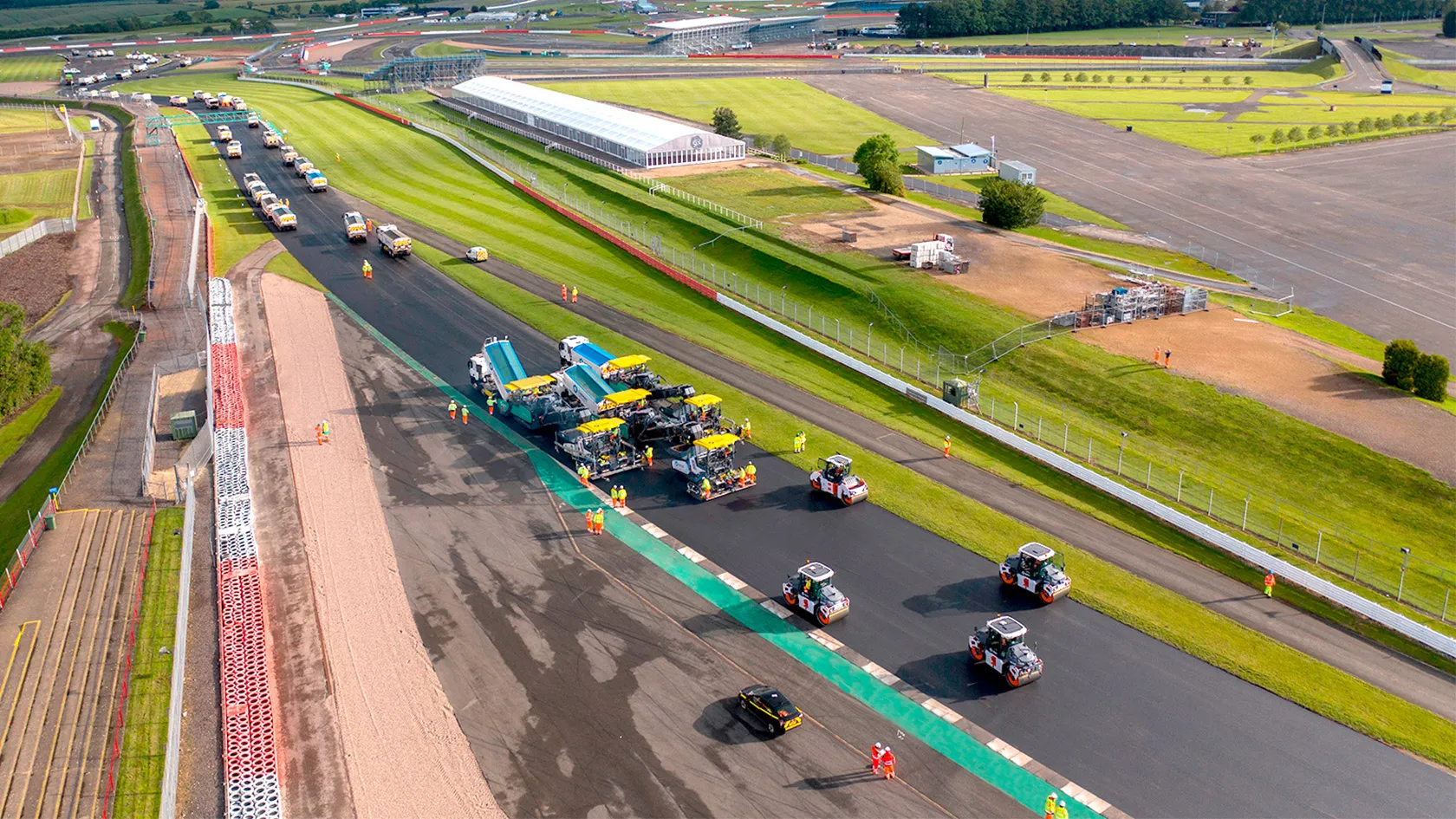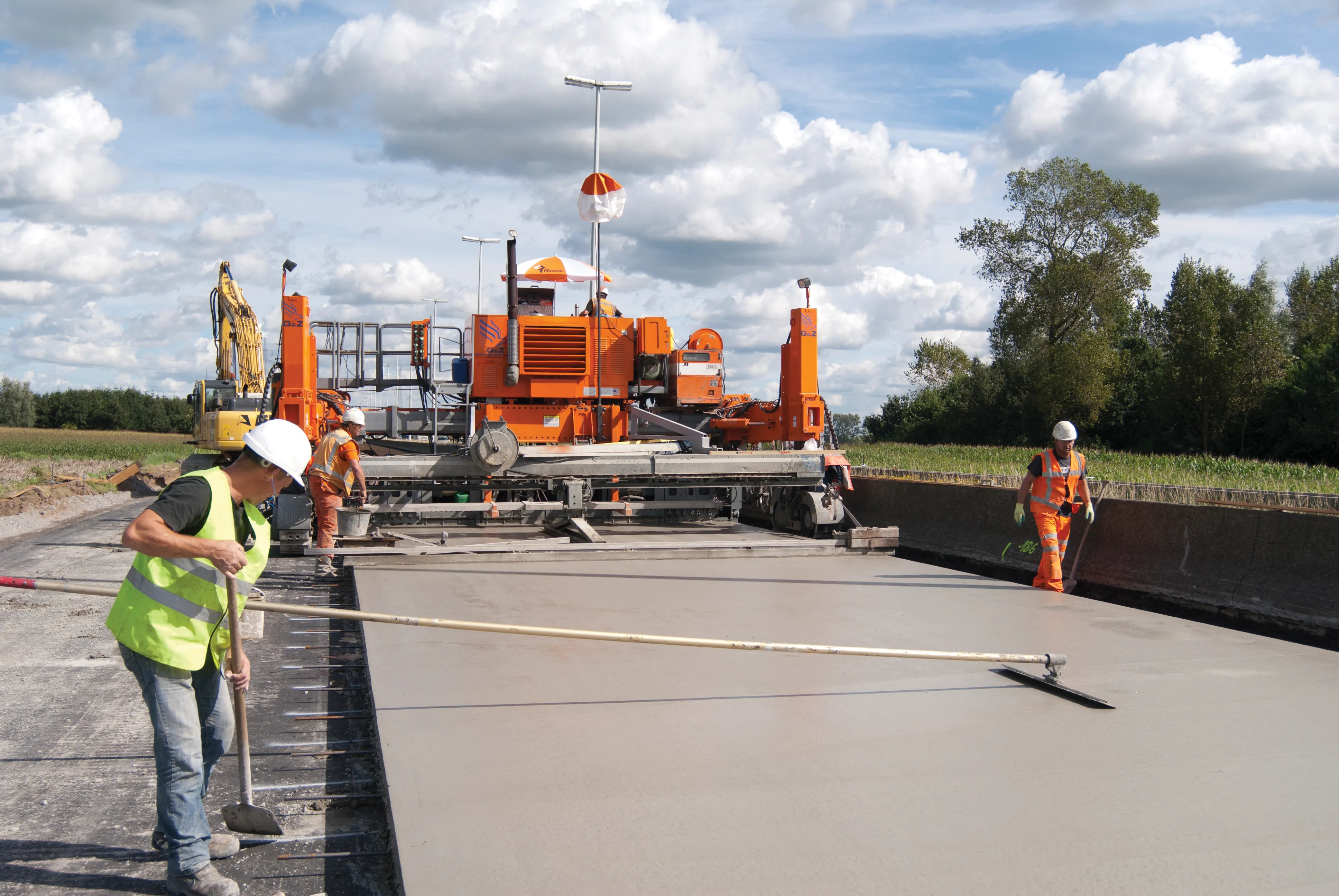Surface dressing of highways is a demanding precision process where speed and accuracy is paramount. Secmair, part of the Fayat Group, has launched its Multispray spraybar to ensure the speed rate and application of binders and additives are perfect.
This spraybar combines two rows of jets that can allow two spread rates across the width of the roadway, meaning the carriageway and hard shoulder can be coated with different mixes. This can eliminate or prevent the phenomenon of bleeding.
One row can be
May 18, 2015
Read time: 2 mins
Surface dressing of highways is a demanding precision process where speed and accuracy is paramount. 328 Secmair, part of the 2779 Fayat Group, has launched its Multispray spraybar to ensure the speed rate and application of binders and additives are perfect.
This spraybar combines two rows of jets that can allow two spread rates across the width of the roadway, meaning the carriageway and hard shoulder can be coated with different mixes. This can eliminate or prevent the phenomenon of bleeding.
One row can be used to spread binder for the tack coats and one row used for surface dressing. This enables the operatives to switch from one type of working to the other without changing the nozzles and still retain a reasonable rate of progress.
Combining a row for adhesion agent with the binder spraybar reduces significantly the overhang of the vehicle.
The calibration of equipment is a requirement set down in the EC approval of these techniques. Secmair also has developed two mobile test-benches which can travel to control the machines in the region closest to the customer.
Secmair, based in Cossé-le-Vivien, northwestern France has been designing and manufacturing road maintenance equipment since 1982. Its machinery is used to repair and/or lay road surface layers. Secmair’s equipment can spread bitumen and chips at the same time, synchronous spreading. The company also makes spreaders, chip spreaders, multifunctional refuelling trucks- Serviroute - and bitumen storage or supply tanks.
Secmair’s exports account for 35% of its turnover.
This spraybar combines two rows of jets that can allow two spread rates across the width of the roadway, meaning the carriageway and hard shoulder can be coated with different mixes. This can eliminate or prevent the phenomenon of bleeding.
One row can be used to spread binder for the tack coats and one row used for surface dressing. This enables the operatives to switch from one type of working to the other without changing the nozzles and still retain a reasonable rate of progress.
Combining a row for adhesion agent with the binder spraybar reduces significantly the overhang of the vehicle.
The calibration of equipment is a requirement set down in the EC approval of these techniques. Secmair also has developed two mobile test-benches which can travel to control the machines in the region closest to the customer.
Secmair, based in Cossé-le-Vivien, northwestern France has been designing and manufacturing road maintenance equipment since 1982. Its machinery is used to repair and/or lay road surface layers. Secmair’s equipment can spread bitumen and chips at the same time, synchronous spreading. The company also makes spreaders, chip spreaders, multifunctional refuelling trucks- Serviroute - and bitumen storage or supply tanks.
Secmair’s exports account for 35% of its turnover.









